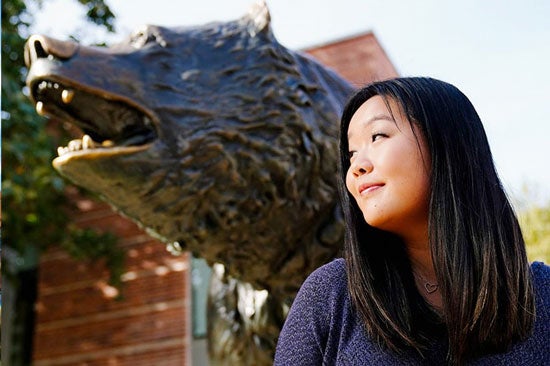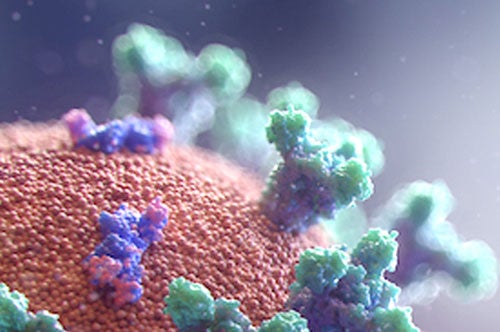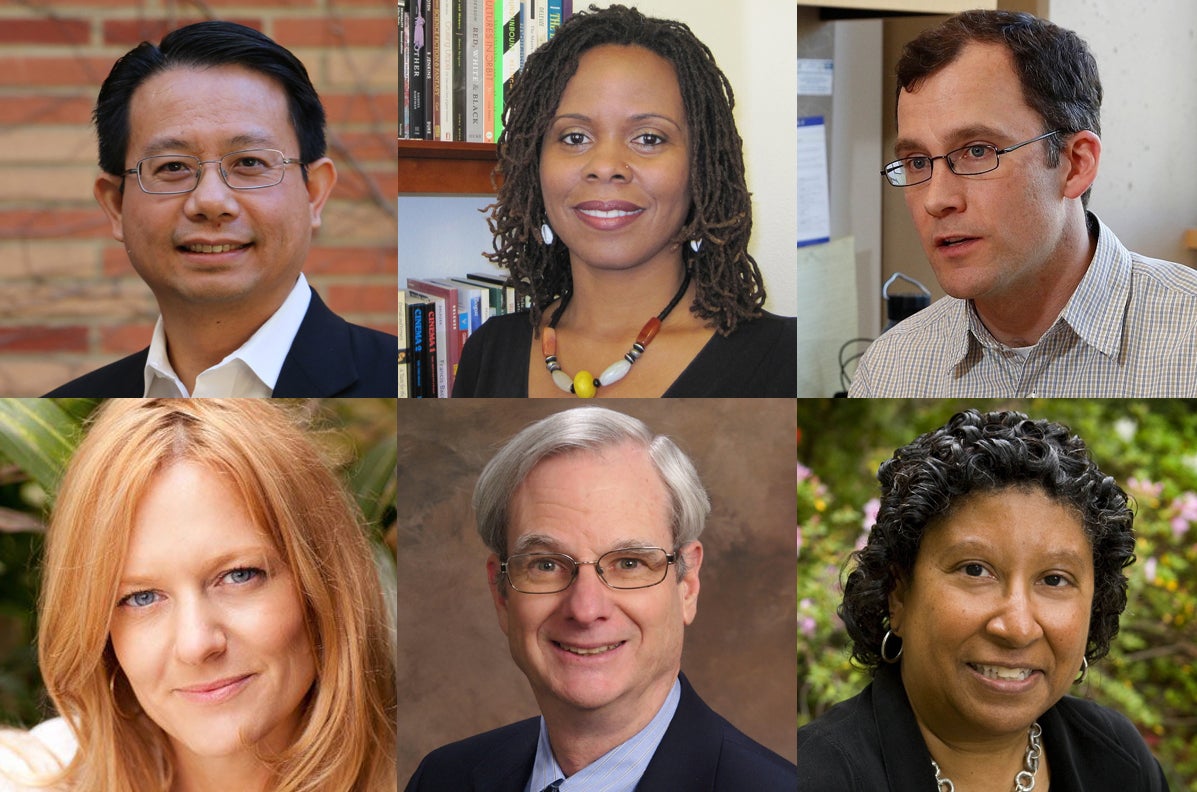
Mental health and social well-being amid the novel coronavirus spread
To the Campus Community:
The concerns about the novel coronavirus disease (COVID-19) are being addressed in multiple ways here at UCLA. At the same time, information about the virus and its effects, including misleading information from outside sources, can heighten our fear and anxiety. The uncertainty surrounding this global and local event is unsettling for many of us, and there is much uncertainty about the coming weeks and months. You are receiving information from good, trusted sources here at UCLA through our dedicated COVID-19 website and Bruins Safe Online.
We also recommend the World Health Organization (PDF) and Centers for Disease Control and Prevention websites, resources that offer trusted information about mental health considerations. Even during these trying times, there are many aspects of daily life that remain under your control, including how you take care of your emotional, social and physical well-being, and your ability to support and help your friends, family and community.
Here are a few highlights:
- Take care of your body. Eating healthy meals, exercising, getting at least seven hours of sleep a night, and limiting your alcohol consumption can help your immune system. Even while maintaining a safe distance from other people, you can still go outside! Regular exercise can reduce anxiety. Just be sure to protect yourself and others by following these guidelines for managing anxiety and stress.
- Learn and share. Learn best practices from trusted resources on how to limit your exposure to, and the spread of, COVID-19, and share that information with others. UCLA is providing information relevant to our specific roles as students, faculty and staff. The WHO website details actions for health care workers, team leaders, caretakers of children, older adults and people in isolation. The CDC website lists common warning signs of emotional stress responses (including problems with sleep and concentration, and increased drug or alcohol use) and some ideas for how to cope.
- Do things that give you purpose and meaning. Helping others is a gift, and it is good for your own well-being. Many in our community are more vulnerable to the impact of the novel coronavirus. You can help others by offering reassurance and emotional support, for instance.
- Take care of basic needs (including food security). The CPO Food Closet is open today through Thursday, March 19, from 11 a.m. to 2 p.m., and on Friday, March 20, from 11 a.m. to 1 p.m. The food closet will open again on Monday, March 23, and on Tuesday, March 24, from 11 a.m. to 2 p.m., but will close for the remainder of Spring Break. These hours are subject to change, so please check the CPO Facebook page for up-to-date hours of operation. Lastly, the Economic Crisis Response Team will have its meal voucher program distribution four times during finals week. Please see the team’s most up-to-date meal voucher distribution schedule for times and locations.
- Take care of your mind. Constant searching, scrolling or consumption of coronavirus news will only make us feel more afraid and powerless. Take breaks from media coverage and use UCLA’s COVID-19 website and Bruins Safe Online for updates rather than checking unreliable sites. For many of us, maintaining routines will help keep us positive, balanced and mentally well.
- Social distancing does not mean social isolation. Reach out to others and offer support, empathy, information and, if possible, tangible help. Stay connected using technology such as video chat, Zoom group calls, and cellphone texting and conversations. Personal relationships are crucial in maintaining perspective and elevating mood.
- Increase your feel-good activities. Whether it’s mindfulness, talking to your friends and family members, going for walks, taking part in sports, journaling, or watching Netflix, now is the time to increase positive experiences in your daily schedule. For a quick stress reliever, UCLA’s Mindful Awareness Research Center offers free guided meditations in English and Spanish.
- Treat everyone with dignity and respect. Let’s work together to address xenophobic sentiments that perpetuate stigma toward people from the countries most affected by COVID-19. Members of our community are experiencing additional fear right now because of the increased suspicion and racism from others who wrongly attach COVID-19 to an ethnicity or nationality. Language like COVID-19 “victims” or “the diseased” is stigmatizing and harmful. Instead, we can say “people who are being treated for or recovering from COVID-19.”
- Pay attention to how you’re feeling. Fear, worry and dread are normal reactions during this unprecedented time. People who have pre-existing mental health concerns are more vulnerable and face a higher risk of worsening mental health as the virus spreads. If you have a history of mental health concerns, form a plan such as how to access health workers, counselors and prescriptions. Resources for students are available at Counseling & Psychological Services and for staff at the Staff and Faculty Counseling Center.
This message reflects the expertise of the leaders of the Semel Healthy Campus Initiative MindWell and EngageWell pods. The Semel Healthy Campus Initiative website provides a wealth of additional information on health and well-being.
You are part of a UCLA community that is home to health experts who are committed to containing, delaying and reducing the impact of this virus in our community. We encourage you to stay abreast of all new information from trusted sources and share accurate information with others. Each of us can play a very important role by caring for ourselves and caring for others in our community.
Sincerely,
Wendelin Slusser
Associate Vice Provost, Semel Healthy Campus Initiative Center at UCLA
Clinical Professor, David Geffen School of Medicine


